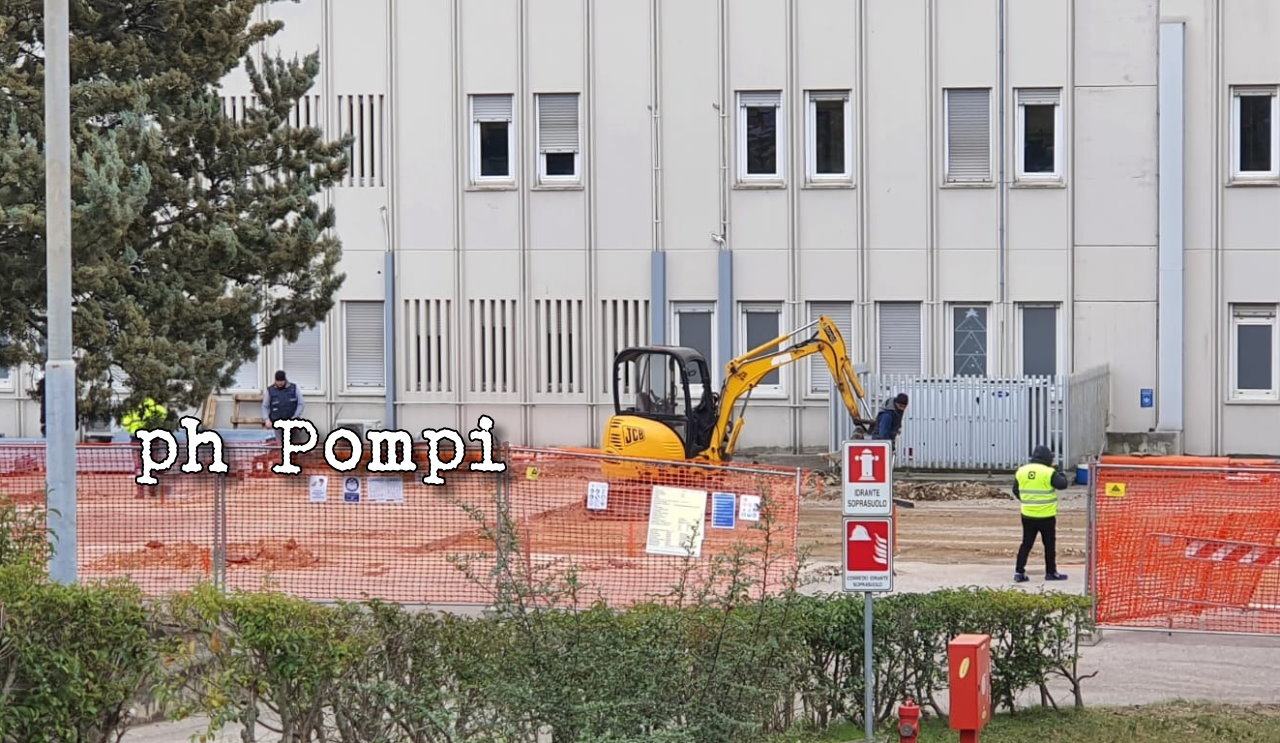The coordinated approach at the European level can wait, Germany does it by itself. As already happened with the procurement of vaccinesi, Berlin also moves in total autonomy on the management of external borders, applying strict controls and rejections despite several appeals to member states from Brussels to avoid “unilateral decisions”. As if nothing had happened, the new measures for entry from Tyrol and the Czech Republic into German territory came into force on Sunday with the aim of stemming the spread of the new Covid variants. The restrictions restrict entry to German citizens and residents, truck drivers, transportation and health service personnel, and a few others, who must register online and show a negative coronavirus test. Interior Minister Horst Seehofer warned of delays at the borders, telling the newspaper Bild am Sonntag that the German police “will not just let the traffic flow”.
But the German decision had a disruptive domino effect: the Austrian authorities in turn decided to introduce controls at the southern border on all vehicles, including heavy vehicles, at the Brenner Pass, to prevent Tyrol “from becoming the largest car park in Europe ”, said the president of the Euregio Guenther Platter. The Tyrol has in turn decided to implement controls to prevent the means of passage coming from Italy from being blocked by the German authorities on Austrian territory. Reason why no one can pass through Brenner without exhibiting a negative Covid test, carried out in the previous 48 hours. Result? Yesterday a queue of 40 kilometers of Tir was formed on the border between Italy and Austria. Not only that: in the night between Monday and Tuesday a multitude of hauliers had to get out of their vehicles and line up for a swab. A maxi gathering of truck drivers under the snow with 10 degrees below zero, as documented by the images below, snapshots of yet another EU disaster in the management of the pandemic. Home Affairs Commissioner Ylva Johansson and Justice Commissioner Didier Reynders today sent a letter to member states reminding member states of their commitments to ensure a “coordinated EU-wide approach to restrictions on free movement”. The Commission’s reference, which can limit itself to expressing “non-binding recommendations”, is naturally in Berlin.
–
“We have to avoid unilateral decisions,” Reynders added, recalling that he will speak to the Home Affairs Council next week. At least for now the German federal government does not seem to care too much about the recalls from Brussels and indeed the Minister of Health Spahn has announced the intention to extend border controls. The Head of Transport of the Austrian Land of Tyrol, Ingrid Felipe, harshly criticized Germany: not only is the closure of the borders not a solution to fight the pandemic together in Europe, but the decision was communicated by the German government very soon, said the representative of the Greens. Germany is not the only country to have introduced restrictions in the Schengen area, Belgium, for example, from January 27 until April 1 has banned recreational and / or tourist travel, creating many inconveniences. Certainly, however, the path chosen by Berlin has immediate consequences for Italian workers and companies.
France also criticized the unilateral German decision: “I do not hope that Germany will completely close the border with France”, warned the Secretary of State for European Affairs, Clément Beaune, given that Berlin has hinted that it could do the same to French border in the coming days given the health situation in the French department of Moselle, where the South African variant is growing. As for the German choice to partially close its borders with the Czech Republic and the Austrian Tyrol, “I don’t think there has been a debate with the European Commission”, he regretted, recalling that the EU executive itself considered this attitude “not in conformity with the European framework ”,“ Since we have spent some time coordinating our European measures and defining a framework of common rules ”.
German authorities said police have pushed back around 5,000 people on the borders with the Czech Republic and the Austrian region of Tyrol since strict controls were introduced on Sunday. “We are in a condition in which the competitiveness of our production system is once again put in serious difficulty by choices that require structural solutions”, declared Mauro Nicosia, the head of the road transport commission of Confetra. “The choice of the Austrian government to prevent transit for transporters who have not carried out the Covid Test within the previous 48 hours risks, as in the past few hours, to bring our country’s transport system to its knees”. The Italian government immediately ordered the opening of the Drive Through Defense to allow transporters in transit at the Brenner to be able to carry out the swab in order to be able to show the result to Austrian officials. But most of the workers had neither time nor opportunity to undergo the test in advance, and were forced to line up in the freezing cold of the Alps, due to the “unilateral” decisions of Germany and the inability European Union to enforce the rules agreed at EU level.
–


